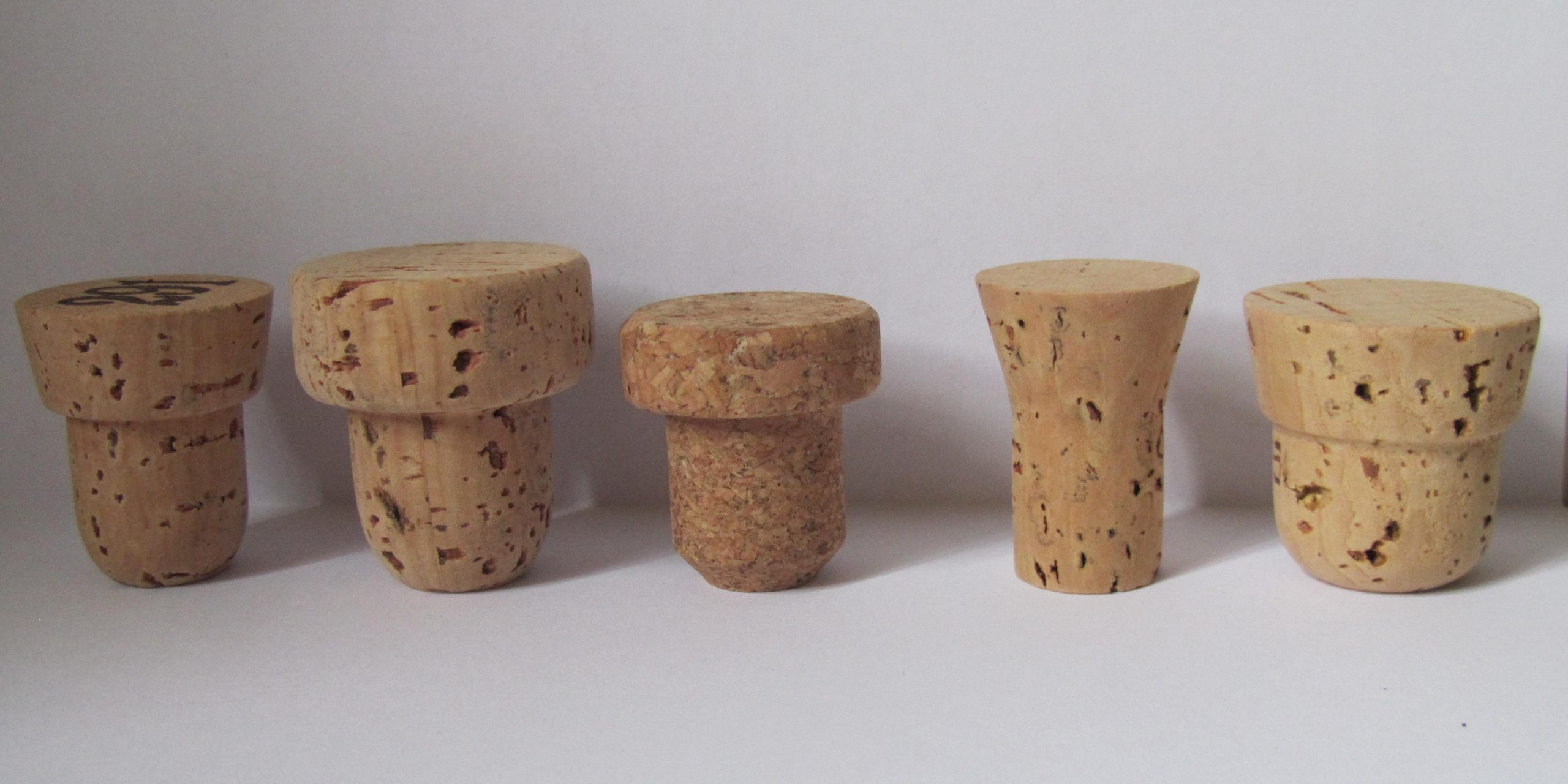The entire bar-top cork sector is suffering from a shortage of wooden capsules, which is leading to lead times of typically over 3 months for wooden bar-top corks. There are a couple of reasons for this, but the main one is that many distillers are moving away from plastic capsules to wood because of environmental concerns and this has driven up demand for wooden capsules dramatically. A lot more capacity is coming on stream, but supply is still lagging behind demand.
With plastic capsules it is relatively easy to ramp up production because fairly standard injection moulding equipment can be used; wooden capsules are lot more problematic to produce however as it requires very specific custom built machinery which requires skill to be used in the correct way to produce high quality wooden capsules. Further exacerbating the supply problems is that staining and varnishing capsules also requires very specialised machinery and expertise, so wooden capsules that require some kind of surface treatment are generally having even longer delays.
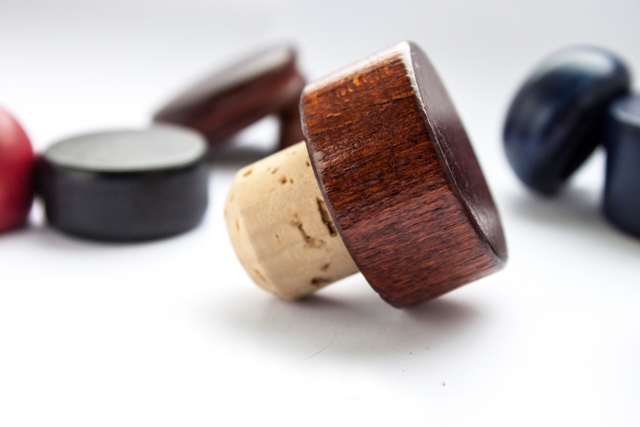
Part of the issue here is that wooden capsules are generally only used from premium drinks, so the quality has to be very high – this means that using second tier suppliers is generally not an option. Here in Portugal there are only a handful of premium producers of wooden capsules, but there are more in Eastern Europe for example, but the quality is generally unpredictable, particularly in terms of getting a perfectly smooth finish for the wood.
If you need wooden bar-tops urgently, then you are pretty much out of luck – the main alternative is premium plastic or perhaps to use cork for the capsule as well as the shank. For 100% cork bar-tops you have a few options: you can go natural cork or agglomerated (natural will of course give a much more premium feel to them), then if you decide to go natural you can go for one piece natural cork or two piece (two pieces of cork glued together to form an almost invisible seam) or multi-layered bonded natural cork (where the joins are more obvious).
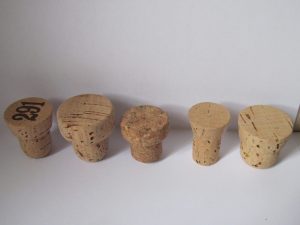
100% cork bar-tops can be made out of one piece or the capsule can be made separately and the shank glued to it (like you wood with a conventional wooden bar-top for example). Generally these choices come down to price – using natural cork is an expensive option of the capsules are large and of high quality, which is why the bonded options can become a compelling option (or indeed agglomerated cork, which will always be the lowest cost alternative). Above you can see some of the different options available, with some different qualities.

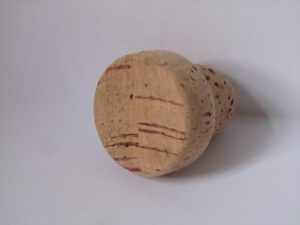
This image here shows a natural cork bar-top that is made out of two pieces of cork bonded together – because this is a relatively large cork, making it out of one piece of natural cork would be very expensive, because it would have to be produced from very thick pieces of bark which would take more than the normal 9 years to grow. From the photo it is difficult to make out the join, but if you look at the striations you can see that they all end at the same line running vertically down the middle of the capsule. These two piece bonded corks are made to a very high standard and it would take a very discerning consumer to spot the join and the price savings can be very considerable for larger cork capsules to the point that making them out of one piece of cork can be financially unviable.
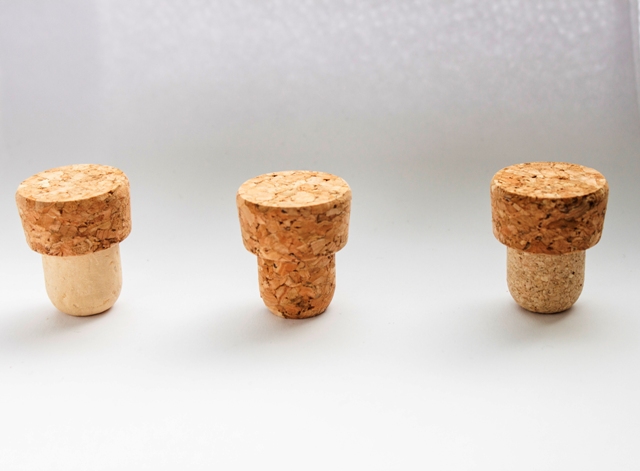
The quality of natural cork that you use for cork capsules will largely define the price – this is of course the case for natural cork shanks (whether for wine or spirits), where the price of natural cork can double or even triple depending on the quality. So there is no avoiding the fact that high quality natural cork capsules will generally be an expensive option (unless they are relatively small) compared to wood. The feel of natural cork in your hand when you open a bottle is very attractive however and cork is a more sustainable alternative than even wood (as trees are not cut down to make cork, only the bark is removed to grow back again over 9+ years) – the other great advantage of cork capsules at the moment is that they can be produced much faster than wood!


